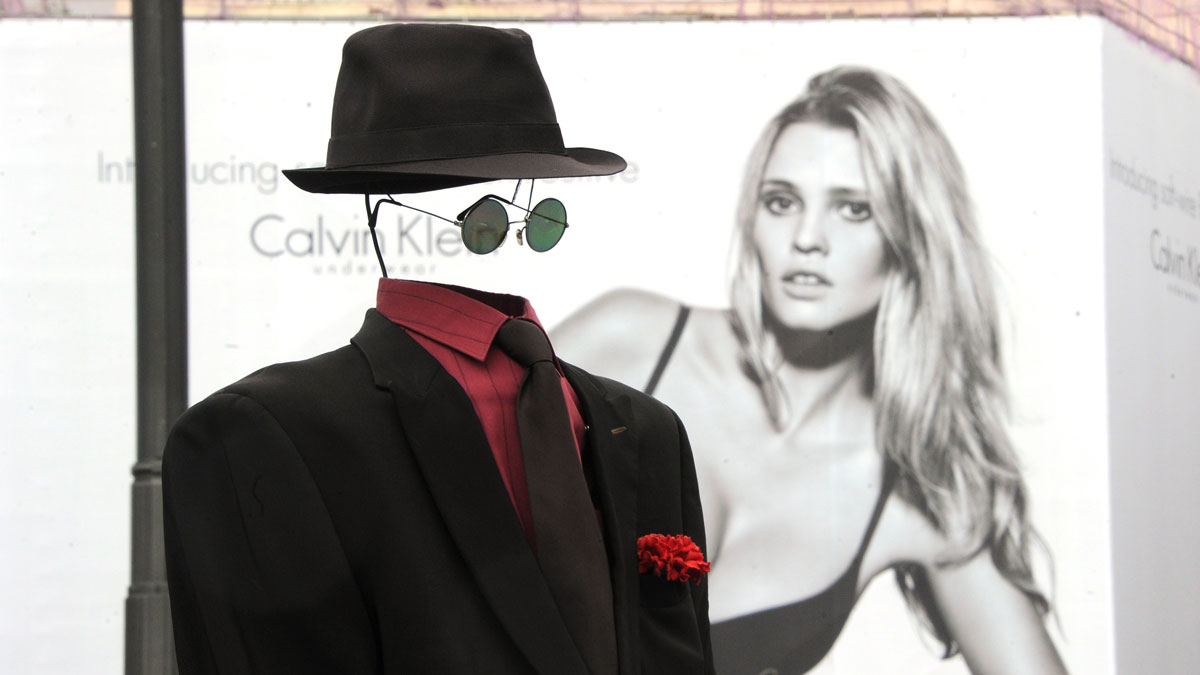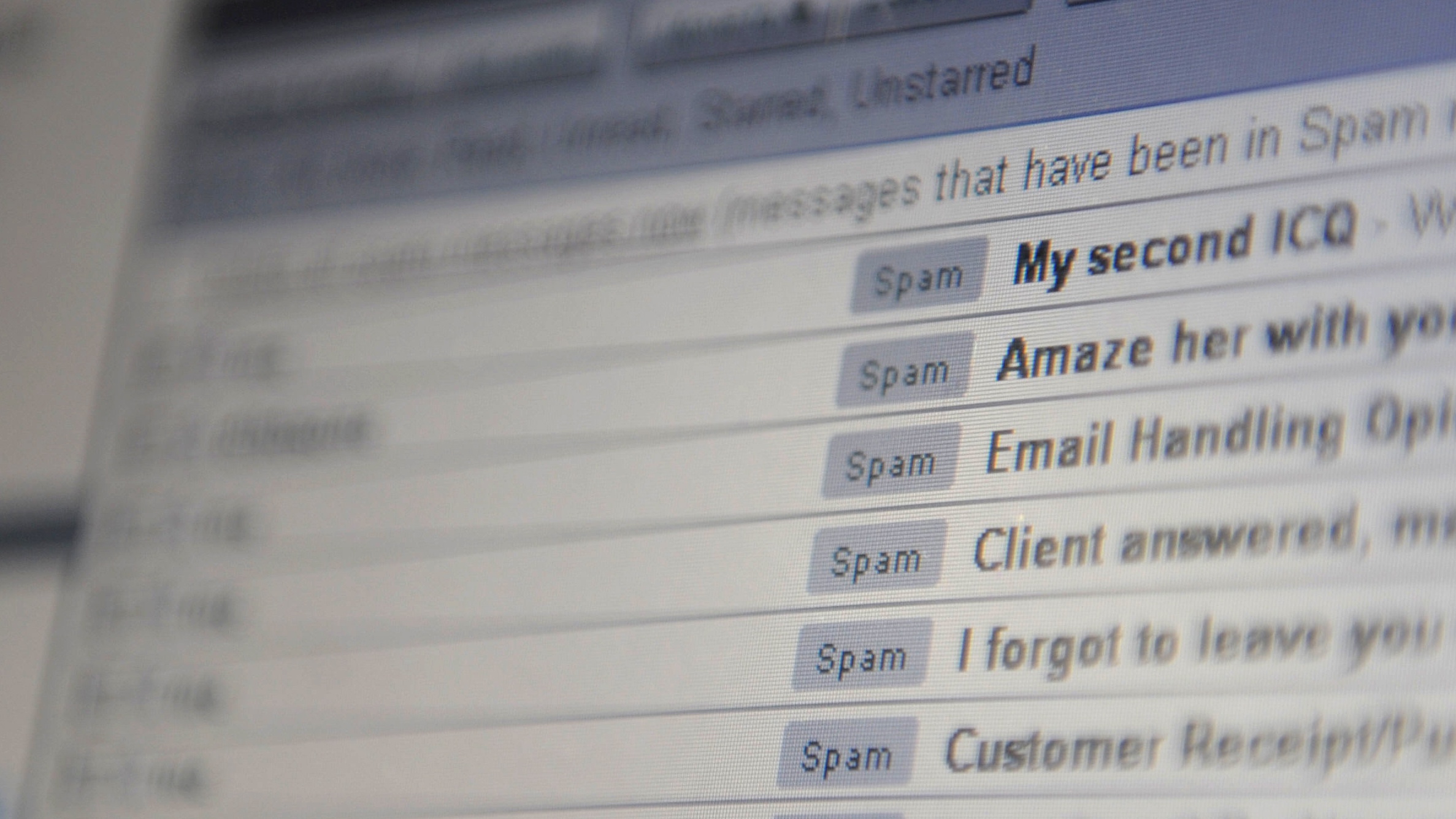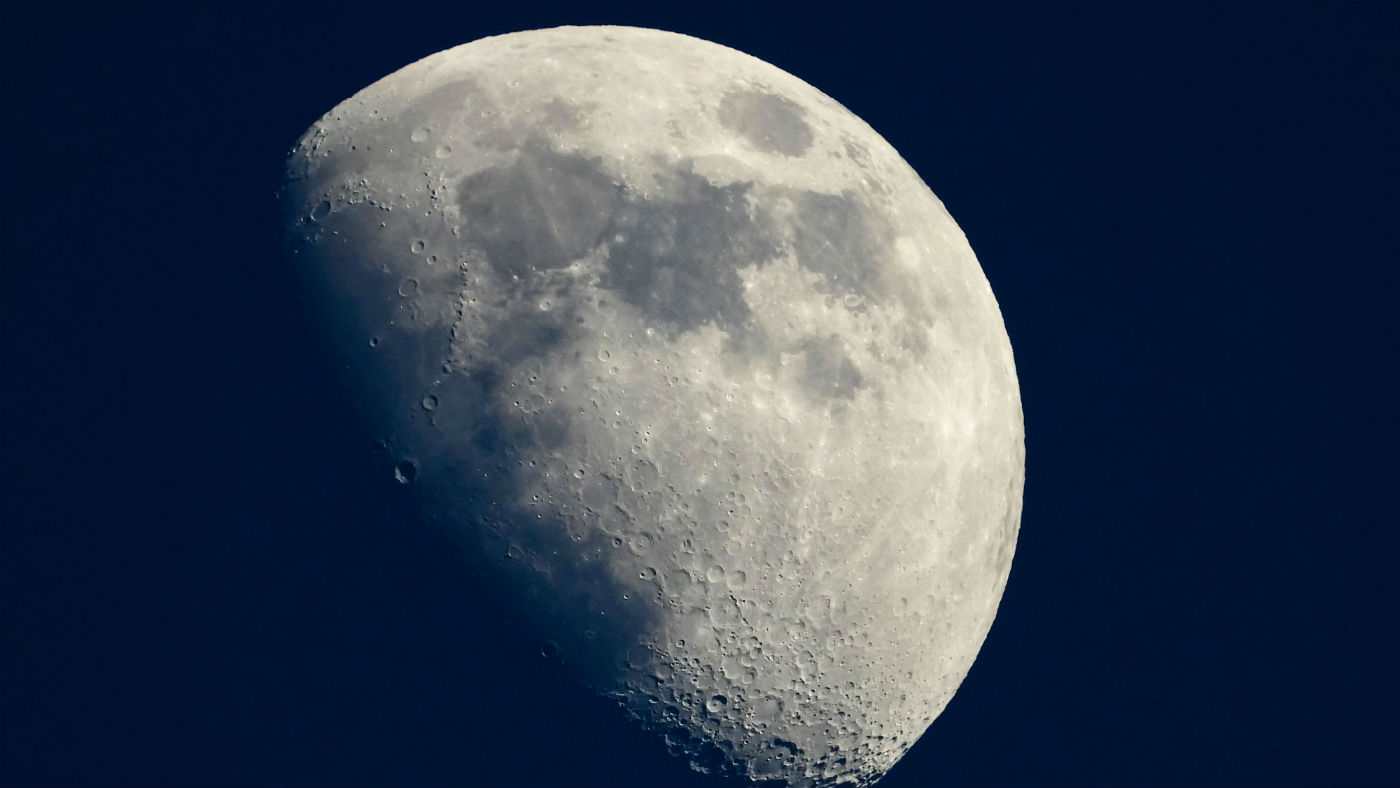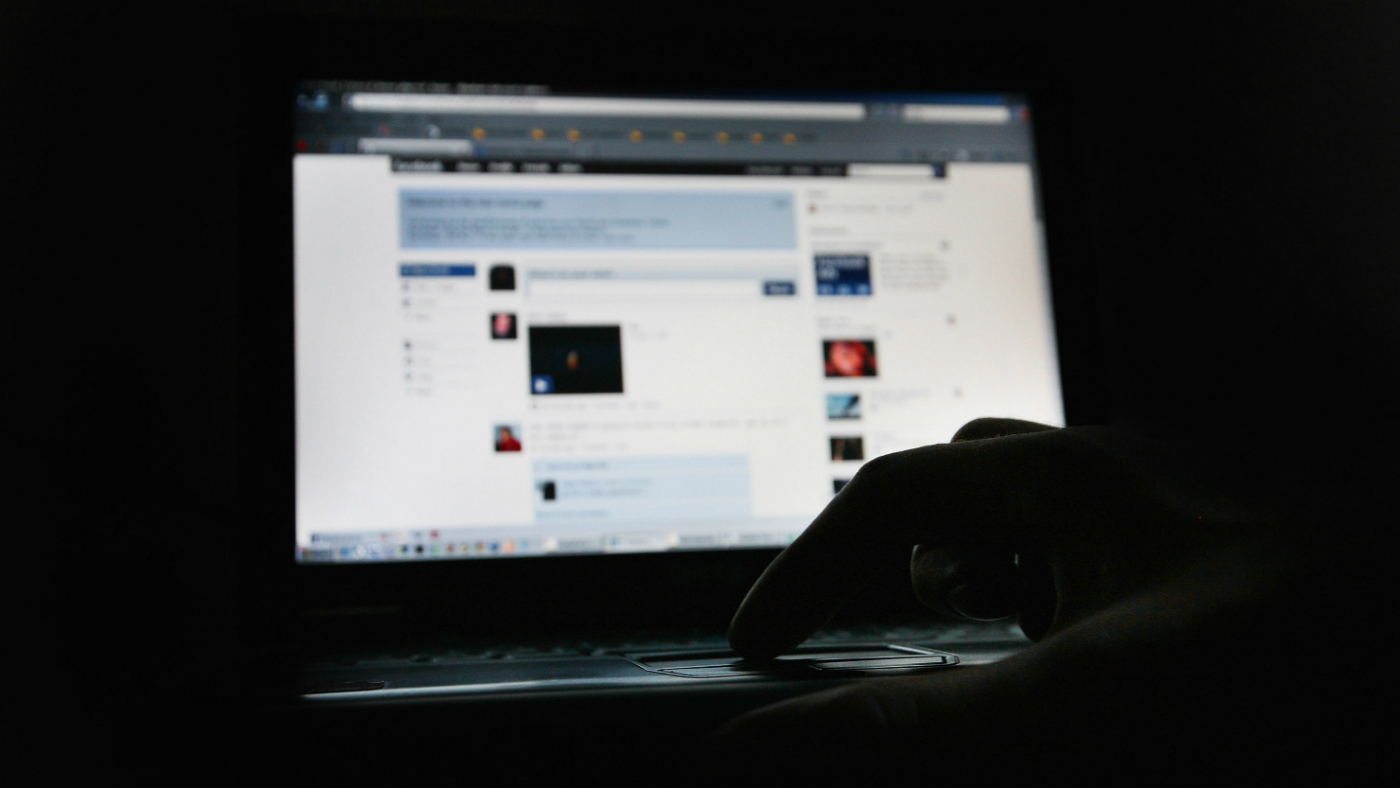Invisibility cloak is 'about to become a reality', scientists say
Cloak made of 'meta-material' makes light bounce off an object 'as though it were a mirror'

A free daily email with the biggest news stories of the day – and the best features from TheWeek.com
You are now subscribed
Your newsletter sign-up was successful
Scientists have demonstrated an "ultra-thin invisibility skin cloak" that can be used to hide objects by guiding light around them.
The cloak uses "meta-material" which serves to distort light waves approaching an object so that they "bounce off it as though the object were a flat mirror", Mental Floss explains.
"The fact that we can make a curved surface appear flat also means that we can make it look like anything else," co-lead author Xingjie Ni, a professor of electrical engineering at Pennsylvania State University, told Inforum. "We can also make a flat surface appear curved."
The Week
Escape your echo chamber. Get the facts behind the news, plus analysis from multiple perspectives.

Sign up for The Week's Free Newsletters
From our morning news briefing to a weekly Good News Newsletter, get the best of The Week delivered directly to your inbox.
From our morning news briefing to a weekly Good News Newsletter, get the best of The Week delivered directly to your inbox.
Researchers say that the cloak is comprised of microscopic gold "nanoantennas" which are 80 nanometres thick. The substance can wrap around a three-dimensional object scattering light that approaches it and obscuring it completely.
The cloak has so far been used to hide small objects, but the team behind the invention believes that it will be able to make larger objects disappear too.
"We do not see fundamental roadblocks. But much more work needs to be done," said Xiang Zhang, another author of the study and professor at the University of California, Berkeley.
According to Zhang, the invention could have military applications, such as making vehicles, aircraft and soldiers "invisible", but it could also be used in other unexpected ways.
A free daily email with the biggest news stories of the day – and the best features from TheWeek.com
"One application might be in cosmetics," he told The Guardian. "You can imagine if someone has a fat belly, like me, and wants to look nice, he could put this layer on and it will look like a six pack."
Still, people hoping to emulate their hero Harry Potter will have to wait a few more years before they can have an invisibility cloak. According to Zhang the technology will take between five and 10 years to perfect.
-
 Hyatt chair joins growing list of Epstein files losers
Hyatt chair joins growing list of Epstein files losersSpeed Read Thomas Pritzker stepped down as executive chair of the Hyatt Hotels Corporation over his ties with Jeffrey Epstein and Ghislaine Maxwell
-
 Political cartoons for February 17
Political cartoons for February 17Cartoons Tuesday’s political cartoons include a refreshing spritz of Pam, winter events, and more
-
 Alexei Navalny and Russia’s history of poisonings
Alexei Navalny and Russia’s history of poisoningsThe Explainer ‘Precise’ and ‘deniable’, the Kremlin’s use of poison to silence critics has become a ’geopolitical signature flourish’
-
 How cybercriminals are hacking into the heart of the US economy
How cybercriminals are hacking into the heart of the US economySpeed Read Ransomware attacks have become a global epidemic, with more than $18.6bn paid in ransoms in 2020
-
 Language-learning apps speak the right lingo for UK subscribers
Language-learning apps speak the right lingo for UK subscribersSpeed Read Locked-down Brits turn to online lessons as a new hobby and way to upskill
-
 Brexit-hobbled Britain ‘still tech powerhouse of Europe’
Brexit-hobbled Britain ‘still tech powerhouse of Europe’Speed Read New research shows that UK start-ups have won more funding than France and Germany combined over past year
-
 Playing Cupid during Covid: Tinder reveals Britain’s top chat-up lines of the year
Playing Cupid during Covid: Tinder reveals Britain’s top chat-up lines of the yearSpeed Read Prince Harry, Meghan Markle and Dominic Cummings among most talked-about celebs on the dating app
-
 Brits sending one less email a day would cut carbon emissions by 16,000 tonnes
Brits sending one less email a day would cut carbon emissions by 16,000 tonnesSpeed Read UK research suggests unnecessary online chatter increases climate change
-
 Reach for the Moon: Nokia and Nasa to build 4G lunar network
Reach for the Moon: Nokia and Nasa to build 4G lunar networkSpeed Read Deal is part of the US space agency’s plan to establish human settlements on the lunar surface
-
 iPhone 12 launch: what we learned from the Apple ‘Hi, Speed’ event
iPhone 12 launch: what we learned from the Apple ‘Hi, Speed’ eventSpeed Read Tech giant unveils new 5G smartphone line-up
-
 Russian agency behind US election meddling ‘created fake left-wing news site’
Russian agency behind US election meddling ‘created fake left-wing news site’Speed Read Facebook says real reporters were hired by fake editors to write about US corruption